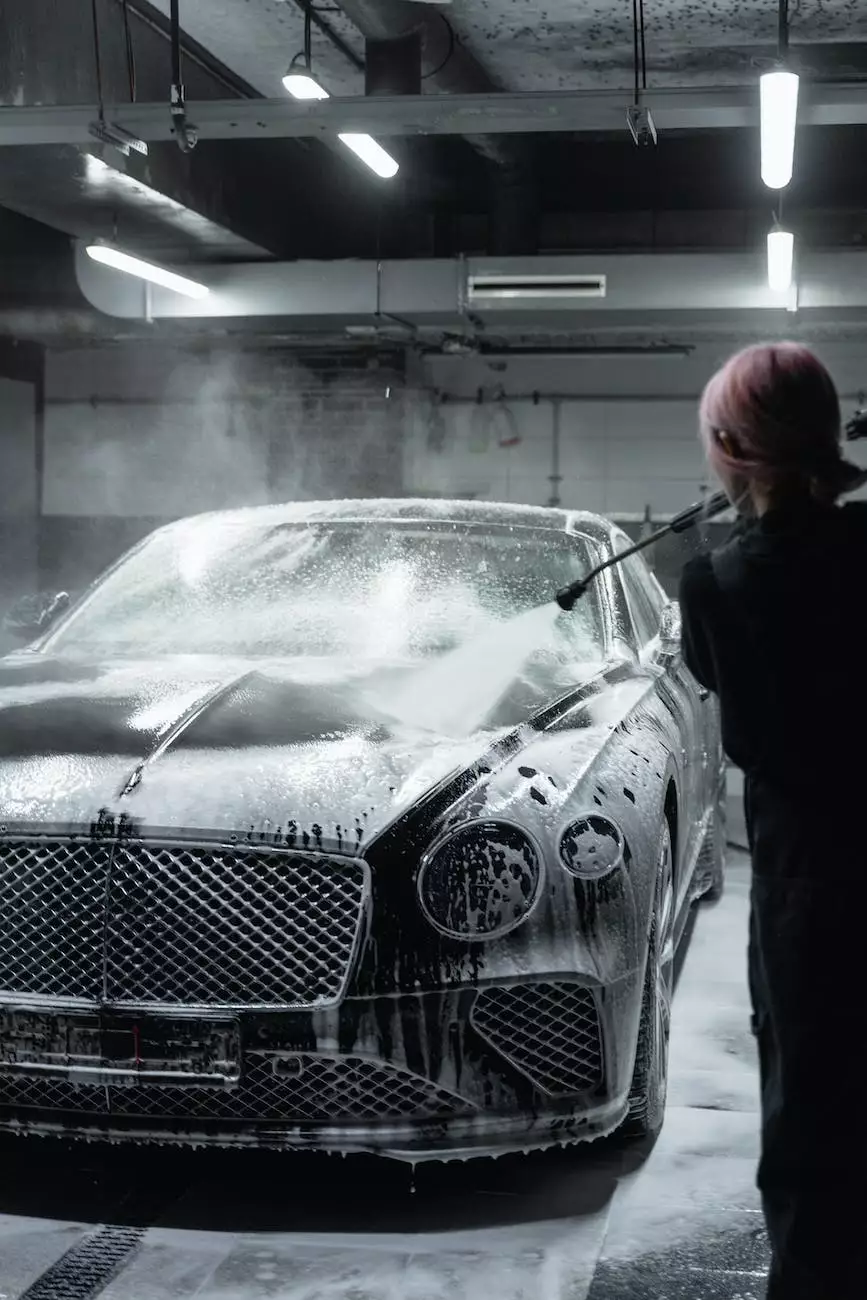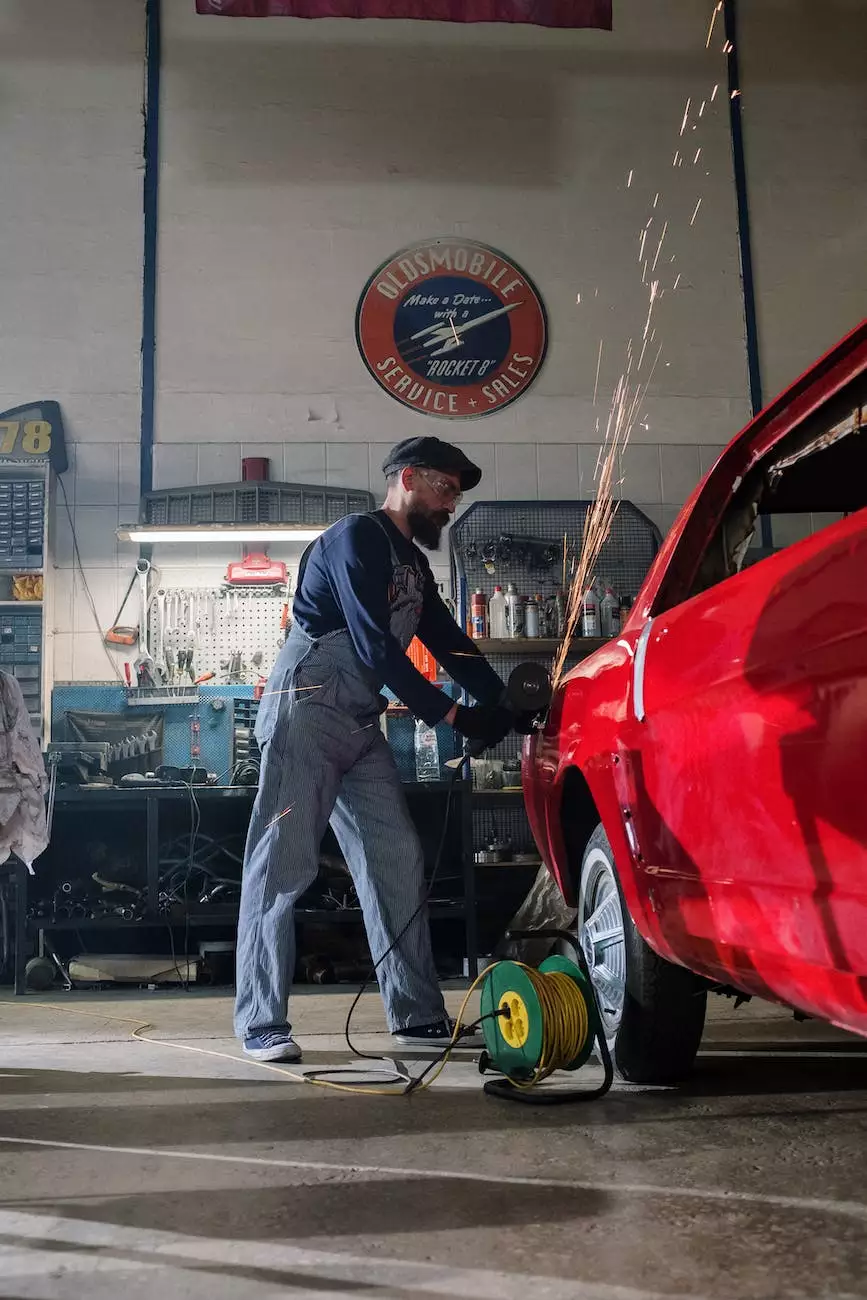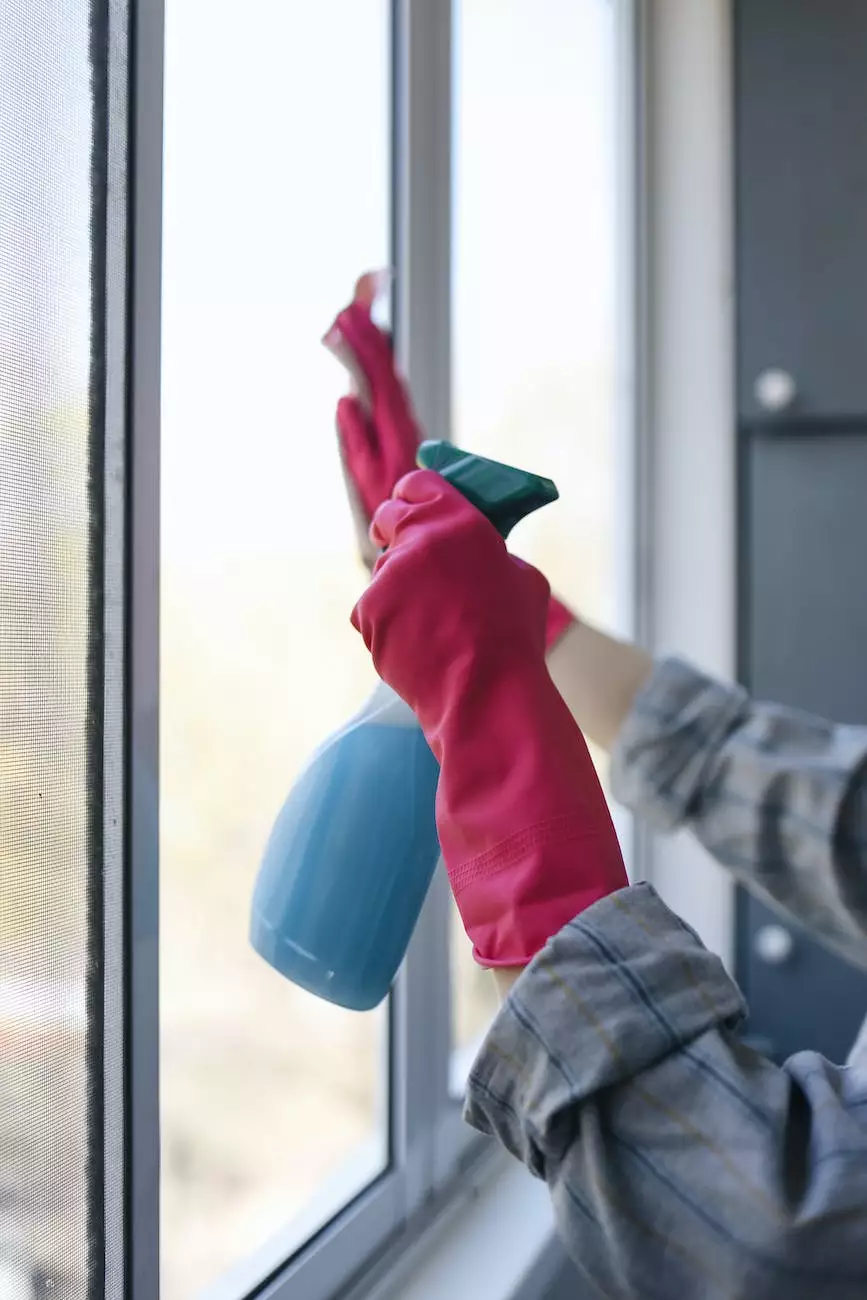How to Prevent Your Car from Overheating this Summer

Introduction
Summer can be tough on vehicles, especially when it comes to overheating. The last thing you want is to be stranded on the side of the road with an engine that's about to blow. That's why it's crucial to take preventive measures to keep your car running smoothly during the hot season. In this comprehensive guide, brought to you by The Power Window Doctors, we'll provide you with expert tips and advice on how to prevent your car from overheating this summer.
1. Regularly Check Your Coolant Levels
One of the most important steps in preventing your car from overheating is to check and maintain proper coolant levels. Coolant, also known as antifreeze, plays a vital role in cooling down your engine and preventing it from overheating. Ensure that your coolant reservoir is filled up to the recommended level and keep an eye out for any leaks. If the coolant is low, top it up with the appropriate coolant mixture.
2. Inspect and Replace the Radiator Cap
The radiator cap is designed to maintain the optimal pressure in your car's cooling system. Over time, the cap's seal may wear out, leading to a loss in pressure. A faulty radiator cap can result in overheating as it affects the coolant flow. Regularly inspect the cap for any signs of damage or wear, and replace it if needed.
3. Keep Your Engine Clean and Well-Maintained
A clean and well-maintained engine is less likely to overheat. Regularly check your engine's condition, clean any debris or dirt accumulation, and ensure that all components are properly lubricated. Following your car manufacturer's recommended maintenance schedule and getting regular tune-ups will prevent any potential issues that could lead to overheating.
4. Monitor Your Engine's Temperature Gauge
Keeping an eye on your engine's temperature gauge is crucial to prevent overheating. Modern cars are equipped with a temperature gauge on the dashboard that indicates the engine's operating temperature. If you notice the gauge creeping into the red zone or the temperature rising rapidly, pull over as soon as it is safe to do so and turn off the engine to prevent further damage.
5. Be Mindful of Surrounding Temperatures and Conditions
Extreme heat, combined with traffic congestion or driving uphill, can put additional strain on your car's cooling system. If possible, plan your routes to avoid heavy traffic during peak heat hours. Additionally, be mindful of other driving conditions such as towing heavy loads or driving in stop-and-go traffic, as these can generate excess heat and increase the risk of overheating.
6. Check Belts and Hoses for Signs of Wear
Belts and hoses play a crucial role in the proper functioning of your car's cooling system. Over time, they can wear out, become loose, or develop cracks. Regularly inspect these components for any signs of damage and replace them if necessary. A broken belt or a leaky hose can lead to coolant loss and overheating.
7. Use Your Air Conditioning Responsibly
While it may be tempting to blast the air conditioning at its maximum capacity during a scorching summer day, doing so can put additional strain on your engine. Use your air conditioning responsibly and avoid setting it to the coldest setting immediately. Gradually lower the temperature to allow your engine to adjust, preventing sudden temperature spikes that could lead to overheating.
8. Park Smartly
When parking your car on a hot day, try to find a shaded area whenever possible. Parking in direct sunlight can significantly increase the temperature inside your vehicle and put additional strain on your cooling system. If shade is unavailable, consider using a sunshade or window visors to protect your car from excessive heat.
Conclusion
Preventing your car from overheating this summer is essential for a hassle-free, worry-free driving experience. By regularly checking coolant levels, maintaining your engine, monitoring the temperature gauge, and following the tips provided by The Power Window Doctors, you will keep your vehicle cool and running efficiently throughout the hot season. Remember, taking preventive measures now can save you from costly repairs and unnecessary breakdowns in the future. Stay cool and safe on the roads!









